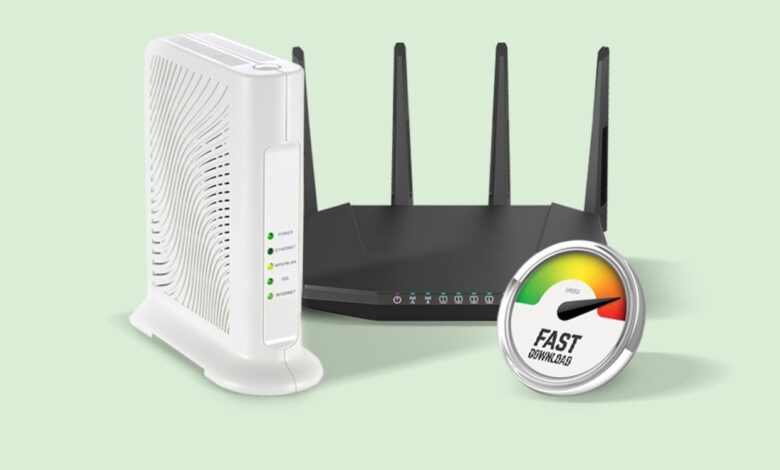Brits Value Broadband More Than Holidays, Showers, and Food

Would you give up showering for a day to stay connected to the internet? How about a whole week?
It may not be surprising news that we rely on technology and the internet more than ever. Digital connectivity is now crucial for so many parts of our lives.
A recent study conducted by Utility Warehouse (UW) unveils more surprising information about just how important connectivity is to people’s daily lives – especially now that we’re so reliant on the internet.
The role of broadband in modern daily life
As few as 15 years ago, the internet was mostly used for sending emails, looking up information, watching the occasional short YouTube video and casual browsing. But now broadband has become an essential key to many important services we can’t do without.
And since the COVID-19 pandemic, the reliance on being connected has only accelerated the shift towards going digital.
Here are just some of the ways we’ve relied on broadband, particularly recently:
Work – with more people working from home or remotely than ever, especially since the pandemic, broadband has enabled people to earn a living and get on with their professional lives wherever they are. From working in online-based programmes like Google Docs to video call meetings, broadband has been indispensable.
Education – Schools and universities turned to online learning during the shutdowns. And while things have more or less gone back to normal for the education sector, more new online courses are being launched than ever.
Healthcare – Before the pandemic, one of the only ways to see a GP was to call to make an in-person appointment. While getting help from doctors over the phone and online was a necessity during the lockdowns. Telemedicine has continued to provide support to patients long after and will continue to do so.
Entertainment and socialisation – Online gaming, streaming services and social media were already established forms of entertainment and connection pre-pandemic. But during the lockdowns, they became even more crucial to keeping people engaged. Especially during the height of things when we couldn’t go outside often.
Utility Warehouse’s research and response
UW’s study found that UK residents would rather give up many of their comforts (and, in some cases. Make themselves uncomfortable) if it meant avoiding losing their broadband connection.
Instead of going without broadband for a week, over a third of respondents said. They would rather cancel a week’s holiday, and more than two in five said they’d be willing to give up showering for a week. Over a quarter even said they’d rather not eat for a day than go without broadband for a day.
Recognising the UK’s need for a reliable, high-speed connection, UW have recently launched an initiative offering free, commitment-free Full Fibre broadband for six months. It’s available to those in areas with CityFibre connectivity.
The future of broadband in the UK
The study’s findings not only highlighted people’s attitudes towards broadband. But also the need for different sectors to keep up with society’s ever-rising demand for digital solutions.
It’s up to telecom providers to provide a robust broadband infrastructure. Policymakers to ensure everyone has access, and businesses to provide consumers with a smooth online experience.
The UK government is currently working to make sure as many people as possible have access to a decent internet connection. So they can keep up with ever-developing technology. Project Gigabit in particular aims to deliver gigabit-capable (high speed) broadband to 85% of the UK by 2025. Including rural areas that have been traditionally difficult to reach in terms of connectivity.
In the business sphere, companies like Utility Warehouse are contributing to national efforts to boost connectivity by offering a range of reliable broadband services. And as well as offering reliable services, UW also encourages customers to switch to more sustainable companies thanks to their green initiatives.
For example, UW’s Woodland initiative plants a tree for every customer who switches all their services to UW, combining customers’ needs to balance environmental responsibility with digital connectivity.
Hopefully, we’ll never have to choose between staying clean and staying connected – especially as the UK’s broadband infrastructure continues improving. And as our infrastructure continues to grow, so likely will our relationship with the internet.
What would you give up to stay connected for a week?



